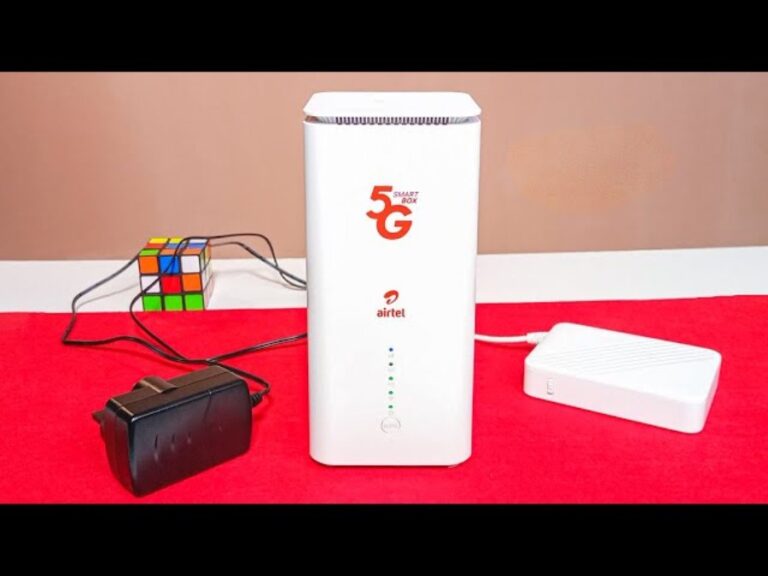For years, Nigeria’s small and medium enterprises (SMEs) — from local food stalls to family-owned salons — have struggled under the weight of unreliable and expensive internet services. These challenges disrupt everything from mobile payments to online marketing, stifling the very sector that contributes nearly half of the nation’s GDP.
Airtel Nigeria is now positioning its latest innovation, the SmartConnect 5G router, as a solution. Launched this month at a starting cost of ₦25,000, the package includes a router, SIM card, and 30 days of unlimited data. Monthly subscriptions begin at ₦25,000 for speeds up to 50 Mbps and ₦45,000 for 100 Mbps — performance that rivals costly fibre broadband, which remains inaccessible in many regions outside major cities.
Unlike traditional indoor routers, the SmartConnect device is built as an Outdoor Unit (ODU), designed to capture stronger signals and maintain stability in both dense urban neighborhoods and semi-rural areas. The router also integrates a five-to-six-hour backup battery and automatic fallback to 4G LTE when 5G coverage dips, practical features for a country grappling with power shortages and uneven network reach.
For Nigeria’s SMEs, such functionality goes beyond convenience. Traders running point-of-sale systems, hospitality operators managing bookings, or fintech startups relying on real-time payments need uninterrupted connectivity. The router’s capacity to support multiple devices simultaneously ensures businesses can keep operations smooth across sales, security, and communications.
The broader economic stakes are clear. Over 96% of Nigerian businesses are SMEs, and their efficiency is central to national growth. Yet, barriers to connectivity persist. A 2025 survey by the Cherie Blair Foundation revealed that 45% of women entrepreneurs in developing markets — including Nigeria — cite poor internet access as a major limitation.
While the SmartConnect device undercuts many broadband options, its long-term impact will depend on Airtel’s ability to expand its 5G footprint. Nigeria’s broadband penetration stood at just 48.01% in July 2025, still far behind the government’s goal of 70% by 2030.
Still, Airtel’s bundled approach — combining hardware, installation, and data into a single package — signals a shift from the industry’s data-only model. For small businesses with limited technical expertise, this simplicity could accelerate adoption and help level the playing field in the digital economy.

